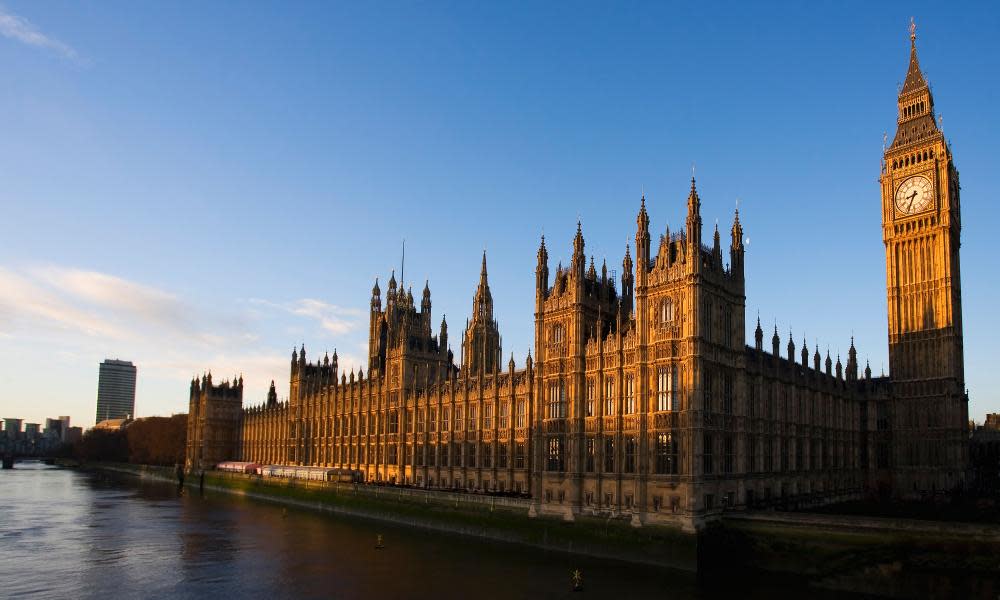We can’t ‘level up’ while power is hoarded in Westminster

John Harris writes that the government’s “levelling up” scheme is byzantine in its complexity (Want to ‘level up’ the UK? Just give places the power and money they need, 19 September). However, it more clearly resembles the command economy of the former Soviet Union. Although there is some scope for local initiative, decisions of any significance are made centrally. This centralisation, or vertical decision-making structure, is flawed. Westminster performs a similar function as the old politburo; it makes all the decisions that matter. Rather than delegating spending and decision-making to local councils and regional authorities, and allowing them to collaborate with local businesses to deliver schemes effectively, all such decisions are subject to directives issued from the centre.
The bureaucracy, as described by Harris, with its competition for funds, is designed to ensure that Westminster retains control. Only those schemes that match its criteria for development will be supported. Ideological compliance is the means to securing funding, so Rishi Sunak’s Richmond will get more funding than socialist Barnsley. What can be said is that this overcentralised and complex bureaucracy will fail as surely as did the Soviet command system in delivering its objectives.
Derrick Joad
Leeds
• John Harris highlights how centralised the UK model of democracy remains. While most countries have moved to ever more decentralised forms of government and spending, the UK stays locked in an outdated model of “Westminster knows best”. It is clearly no longer appropriate. Unfortunately, the article fails to ask the big question – what does levelling up mean? There is a strong sense generally that it is somehow about the north – but it isn’t. Levelling up is about improving access to good education, to good healthcare, to affordable housing, to better job opportunities, and so on. It is not just about access to infrastructure.
Levelling up equates to fairness. There is plenty of data to demonstrate that every part of the country can benefit from some form of levelling up. Left-leaning commentators, and the Labour party, should be aggressively defining and driving the debate on the levelling-up agenda, not leaving it to the government.
Bill Kingdom
Oxford
• Abi Brown, the leader of Stoke-on-Trent city council, is right to argue that funds should be allocated to councils without the need for a competition. When I analysed the applications for education action zones in 2001, I found that local education authorities were forced to go through a costly and humiliating process of self-flagellation. Essentially, they had to argue that they were more hopeless than their neighbours. When the inadequate funds were handed out, many authorities got nothing. And all the communities were stuck with the stigma and bad reputation they had needed to declare to enter the race.
We already know where the support is needed. And we have plenty of examples of good practice that could be replicated immediately. We don’t need councils to grovel for it first.
Rob Watling
Nottingham
• As I understand it, a total of £6.5bn has been allocated to levelling up the nation. Which local authorities have been identified as entitled to level up?
David Prothero
Harlington, Bedfordshire
• Have an opinion on anything you’ve read in the Guardian today? Please email us your letter and it will be considered for publication.

 Yahoo News
Yahoo News 
